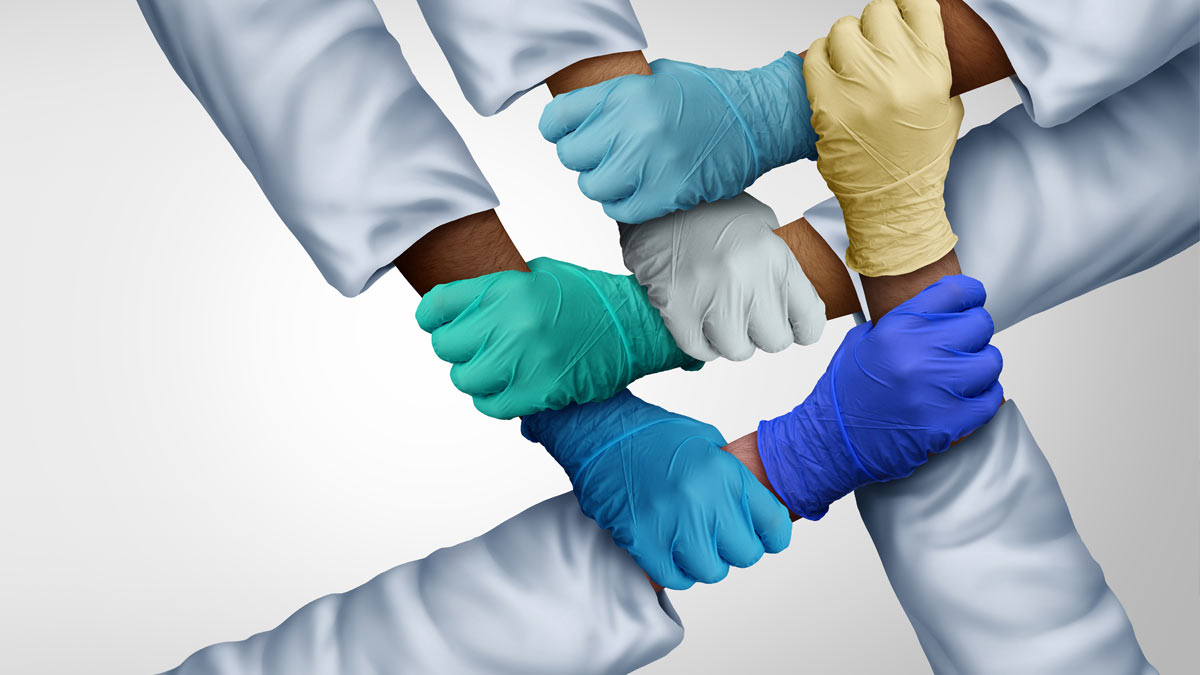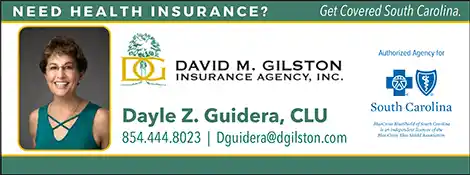While choosing health coverage can often be a chore, it is sometimes a fleeting luxury for people with no employment, no access to doctors and no one to point them to the services and sources they need.
But in South Carolina’s Lowcountry, a far-reaching network of medical professionals has formed an entire community to connect all of the area’s underserved populace to almost every kind of medical attention and need. Together, they are making a difference for people who otherwise would have no viable way to stay healthy.
“We pride ourselves on serving patients regardless of their ability to pay,” said Natasha Chatman, chief operating officer with Fetter Health Care, a federally qualified nonprofit that provides comprehensive services for insured, uninsured and underserved residents in Berkeley, Charleston, Colleton and Dorchester counties. “Fetter is available to the entire community, and it is our desire to be a provider of choice.”
More than 35% of Fetter’s patients are classified as underserved patients, and, Chatman said, regular medical attention is just one of the missing pieces.
“Our patients often lack transportation, child care, affordable medication and medical/dental services,” she said. “They also have employment that may not allow leave with pay. So they are faced with either going to work or getting medical/dental care.”
Fetter’s connecting organization is made up of 24 different medical sites, including mobile medical and dental units, school-based clinics, migrant camps, a homeless shelter and mental health clinic locations. Services range from primary care to behavioral health, women’s health, pediatrics, OB-GYN and dental care, and there’s also a pharmacy, a registered dietitian and a medical laboratory.
The people behind the effort are usually the first point of connection.
“Often, it’s our community partners who refer patients to us,” Chatman said.
But Fetter is only one piece in the connection. The Navigation Center in Charleston, for example, relies on partnerships with 30 other nonprofit providers, such as the Daughters of the American Revolution, the Medical University of South Carolina, YWCA Greater Charleston and the South Carolina Department of Mental Health.
Utilizing both in-person visits and telehealth, in-house assistance is provided by these partners several days a week at the center’s downtown Charleston location. The biggest hurdle, however, is with issues that often pre-empt their clients’ medical services.
“The clients we serve face overlapping challenges that make it difficult to find and keep permanent, supportive housing,” said Marie Elana Roland, chief operating officer with the Navigation Center.
To this end, the Center provides wraparound support for clients experiencing homelessness or who are at risk of becoming homeless so they can focus on their health.
Supportive services include enrolling patients in Social Security so they can sign up for Medicare; linking them to other insurance options; reminding them about medical appointments; arranging transportation to appointments with the Center’s van or ride share; and following up afterward to help patients access prescriptions or other instructions.
“We serve 45 patients each month through our partnerships,” Roland said. “Many of them face health challenges like diabetes, addiction and heart disease and need continuing medical support to get and stay healthy.”
Medical insurance companies also are involved – especially for expectant moms.
“One of the greatest areas of need we see among our members in South Carolina is maternal health and prenatal care,” said Richard Shrouds, chief medical officer with Molina Healthcare of South Carolina. “We offer programs to support mothers and newborns, and our community connectors and case managers help ensure pregnant women are able to access prenatal care.”
Molina case managers, community connectors and community engagement staff also provide members with essentials such as food, personal hygiene products, diapers and wipes, and access to nonemergency medical needs such as labs, X-rays and therapy, mammograms and colonoscopies.
“Obesity is also a major concern and is a risk factor for the development of many long-term diseases,” Shrouds said.
There is another factor not normally associated with health: Based on the recent findings by the South Carolina Institute of Medicine and Public Health, the disparity between who gets medical attention and who doesn’t often comes down to computer broadband access.
“Broadband internet is an essential utility, yet hundreds of thousands of South Carolinians do not have access to this resource,” said Maya Pack, IMPH executive director. “But through the CARES Act investment, the South Carolina Legislature allocated $30 million in 2020 for investing in broadband infrastructure through the Office of Regulatory Staff.”
It’s another step in the right direction. But looking ahead to the next 10 years, Roland stressed that the most vital factor in keeping an otherwise forgotten group of South Carolinians safe and healthy is a continued effort by everyone in the partnerships.
“For many of our clients, mental or physical health conditions are a result of a larger, underlying problem,” she said. “And without our guidance and communication with these partnerships, many would be left behind.”







